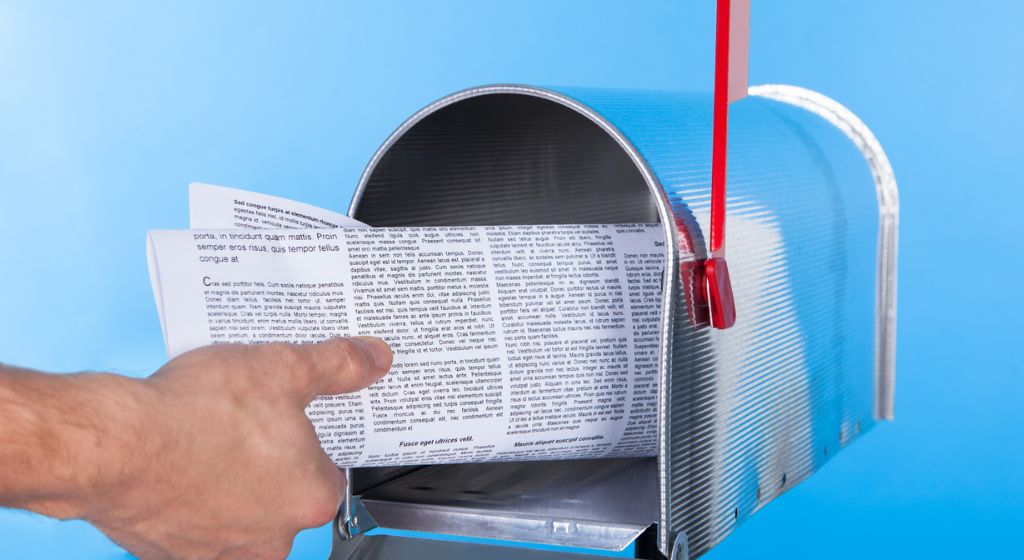In the digital age of social media influencers and viral videos, traditional media outlets like local newspapers may seem less prominent—but they are far from irrelevant. In fact, getting featured in a local newspaper can significantly boost your credibility, help you reach a loyal community-based audience, and open doors to larger media opportunities.
Whether you’re a small business owner, artist, nonprofit leader, or simply someone with a story to tell, being recognized by your local press can have a lasting impact. But how exactly do you get featured? It takes strategy, preparation, and an understanding of how local media operates.
First and foremost, you need to have a newsworthy story. Local newspapers look for stories that will interest their readers—those that are timely, relevant to the community, and emotionally engaging. Think about what makes your story unique. Are you launching a new business in town? Hosting a charity event? Winning an award? Overcoming a major obstacle?
The newsworthiness of your story doesn’t have to involve a major scandal or national attention. Often, what resonates most with local journalists and readers are human interest stories, community contributions, and achievements that affect people close to home.
Once you’ve identified your angle, you must frame it in a way that’s compelling to journalists. This means understanding the “who, what, where, when, why, and how” of your story. These fundamental elements form the backbone of any news article.
When reaching out to local newspapers, you should be ready to answer these questions clearly and concisely. This helps journalists quickly determine the relevance and structure of the potential story.
Next, you’ll want to prepare a professional press release or pitch. A press release is a formal document that outlines your news and provides key details in a journalistic format.
It should have a clear headline, a strong lead paragraph summarizing the story, and supporting details in the body. If you don’t have experience writing press releases, you can find free templates online or work with a public relations professional.
Alternatively, you can send a personalized pitch via email. In either case, keep your communication short, specific, and tailored to the outlet you’re targeting. Local reporters receive many emails each day—so make yours easy to read and straight to the point.
Building relationships with local journalists is another key strategy. If possible, start engaging with them before you need coverage. Follow them on social media, read their work regularly, and comment thoughtfully on their stories.
This helps establish familiarity and respect. When you do send your press release or pitch, reference their past work and explain why your story fits with the type of content they cover.
Reporters appreciate people who have done their homework and make their job easier. It shows that you’re not just seeking free publicity—you’re offering a story that aligns with their editorial mission.
Timing is also important. If your story involves an event, product launch, or other date-sensitive information, contact the newspaper well in advance—ideally two to three weeks before the event.
This gives them time to plan coverage, assign a reporter, or fit your story into their editorial calendar. Avoid sending pitches late on Friday or during major news cycles, as your message could get buried. If your story isn’t urgent, consider tying it to a seasonal trend, holiday, or ongoing issue in your community, which can increase its appeal.

Visuals can also enhance your chances of getting featured. Include high-quality photos or offer to provide images and video content. Many newspapers—especially local ones—operate with small staff and limited resources, so supplying media assets makes your story more publishable. If a reporter agrees to cover your story, be responsive and cooperative.
Make yourself available for interviews, provide additional background information if requested, and respect their deadlines. If you’re difficult to work with, they may choose to skip your story entirely or avoid working with you in the future.
Another valuable tactic is to offer yourself as an expert or resource. If you have deep knowledge in a particular area—healthcare, education, finance, art, etc.—let local journalists know that you’re available for commentary or insights on related topics.
Even if they don’t feature your current story, they may keep you in mind for future articles. This builds long-term visibility and positions you as a trusted voice in your community.
Local opinion columns, letters to the editor, and guest contributions also offer opportunities for exposure. Some newspapers accept op-eds or feature submissions from community members.
If you have something meaningful to say about a local issue, trend, or experience, consider writing and submitting an opinion piece. Just be sure to follow the paper’s guidelines regarding length, tone, and subject matter.
You can also leverage partnerships and local networks to increase your chances of media attention. Collaborating with a well-known organization or participating in a public event gives your story added credibility. Journalists are more likely to cover events or stories tied to established community institutions.
Similarly, tagging the newspaper or reporter on social media when promoting your story can sometimes grab their attention—just be respectful and avoid over-tagging or spamming.
Persistence pays off, but it’s important to strike a balance. If you don’t hear back after sending your press release or pitch, it’s okay to follow up once—preferably within a week. However, don’t become overly aggressive or demanding.
Not every story will make it to print, and editorial decisions depend on many factors outside your control. If your pitch is declined, use it as a learning opportunity. You can ask (politely) if there was anything you could have improved or if they’re open to future story ideas.
Getting featured in a local newspaper is a powerful form of earned media—it lends legitimacy to your work and builds trust with a local audience that might otherwise be hard to reach. Compared to paid ads or social media posts, a news story written by a third party is perceived as more credible and authoritative.
It can also be a stepping stone to larger regional or national coverage. Journalists from bigger outlets often monitor local news sources for story leads, so a feature in your community paper can have far-reaching benefits.
In conclusion, getting featured in a local newspaper involves more than just having a good story—it requires planning, professionalism, and relationship-building. By identifying a newsworthy angle, crafting a clear pitch, connecting with the right journalist, and following up respectfully, you can significantly increase your chances of being recognized by the local press.
And once you’re featured, don’t forget to promote the coverage through your own channels—share the article on social media, link to it from your website, and use it to build further credibility. With the right approach, local media can become a lasting and valuable ally in your personal or business journey.

